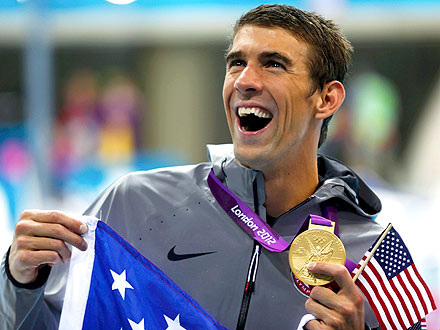
With the Olympics coming up, it's hard for sports fans not to get excited. The Olympics has a long and interesting history that dates back for three millennia and continues to enthrall and excite us to this day. With the Games looming large in the future, it's fun to look back at where it all began.
The Olympic Games began some 3,000 years ago in Ancient Greece, although the games did not see a revival until the late 1800s. The first games on record occurred in 776 B.C. The sole event that year was a foot race known as the stade, which was won by Coroebus, a cook. "Stade" would later form the basis for the word "stadium."
Despite this being the first game of record, historians believe the games had been ongoing for several years prior, while mythologists cite Zeus' son Hercules as being the original founder of the games. Regardless, the games became infamous among all Greeks and were held every four years during a religious festival paying homage to Zeus, always held from August 6th through September 19th. The games themselves derive their name from Olympia, a site in the southern part of Greece where the games were held. Each four-year stint came to be called an Olympiad.
Following the first 13 Olympiads, the Greeks added two more races to the stade, including the dolichos, which is similar to today's 1,500-meter race, and the diaulos, equivalent to today's 400-meter run. In 708 B.C., the games were expanded to include the pentathlon, a five-section event consisting of a javelin throw, wrestling match, discus throw, long jump, and foot race. Boxing was added a few years later, followed by chariot racing and a no-rules boxing and wrestling match known as pankration.
The original Greek games were limited in participation solely to free males in Greece. Women's events, of course, were unheard of, and only single women could attend the games. The games continued until 393 A.D, when Christian Emperor Theodosius I banned them along with other so-called pagan events. The ban stood for nearly 1,200 years, and it was nearly 15 centuries before the games made a comeback.

Fast-forward nearly 1,500 years to the revival of the Olympic Games. After his visit to Olympia in 1892, French Baron Pierre De Coubertin made a proposal for reviving the games to Paris' Union des Sports Athletiques. Two years later, he founded the International Olympic Committee, the body that now governs the games.
In 1896, the Olympic Games flamed back to life in Athens, Greece. The first of the new games featured 43 events with 13 countries sending 280 athletes, including games for shooting and fencing, weightlifting, cycling, wrestling, tennis, swimming, gymnastics, and track and field. The Games have been held every four years since, with the exception of war years 1916, 1940, and 1944. By 2004, the games were played by almost 11,000 athletes hailing from 201 separate countries and viewed by millions of people from all parts of the globe via televised coverage.